My answer to the question is YES!
You CAN CHANGE the written word of the namespace in a C# Script Task in SSDT at Design Time on VSTA, no problem. The C# Project Name, however, and the related Assembly properties at Design Time cannot be changed, because the project name is read-only due to the fact that metadata about the TYPE / Class ID is stored in the Registry at Design Time in order to retrieve it's content accordingly (to the design of VSTA). In fact, if you search the registry after saving out of VSTA, you will find the Class ID and Object ID matching that weird Project Name and the matched Namespace. Once you deploy, all of the artifacts required are encapsulated into the release structures, but the developer can still go back to VSTA with no changes to the stuff that he / she expected to be retained at DESIGN TIME.
Here is my Script Task with a changed Namespace:
using System;
using System.IO;
using System.Data;
using System.Windows.Forms;
using System.Threading.Tasks;
using Microsoft.SqlServer.Dts.Runtime;
namespace GeneratedCodeNamespace
{
[Microsoft.SqlServer.Dts.Tasks.ScriptTask.SSISScriptTaskEntryPointAttribute] //Attribute
public partial class ScriptMain : Microsoft.SqlServer.Dts.Tasks.ScriptTask.VSTARTScriptObjectModelBase
{
object rawConnection = Dts.Connections["Sales DB"].AcquireConnection(Dts.Transaction);
SqlConnection myADONETConnection = (SqlConnection)rawConnection;
//Use the connection in some code here, then release the connection
Dts.Connections["Sales DB"].ReleaseConnection(rawConnection);
object rawConnection = Dts.Connections["Prices.zip"].AcquireConnection(Dts.Transaction);
string filePath = (string)rawConnection;
Dts.Connections["Prices.zip"].ReleaseConnection(rawConnection);
}
}

